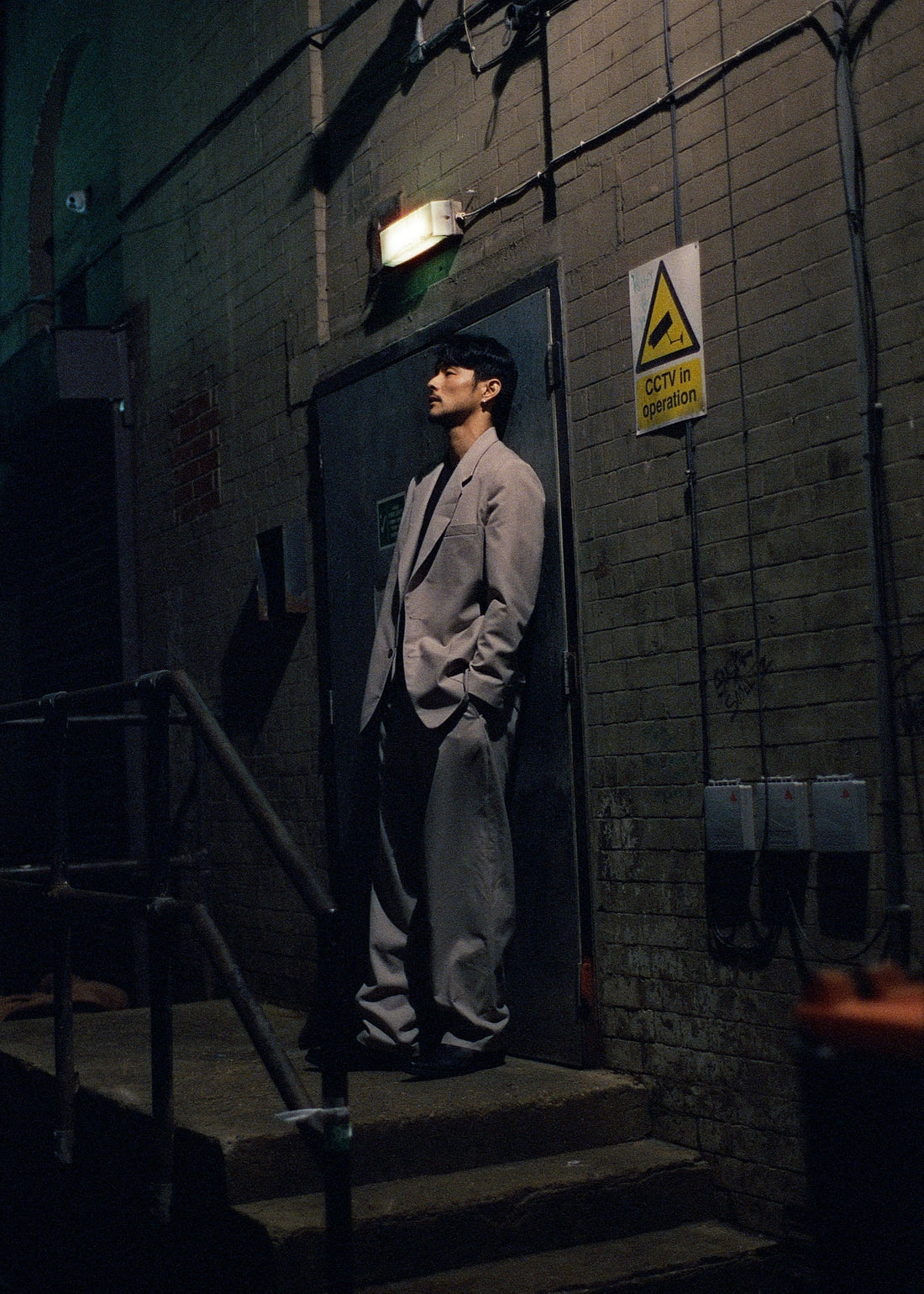
Chinatown
Share
Chinatown is not home, but it is something like it
—an imitation worn smooth by repetition,
a memory that no longer remembers itself.

The city moves. He doesn’t.
The crowd shifts,
folding around him without thought.
A body in motion expects another.
Stillness interrupts.
Stillness unsettles.
The bar was too loud.
The alley is silent.
His breath ghosts in the air.
The walls sweat beneath a flickering bulb.
A car door slams somewhere down the street.
A voice rises, then fades.
He's not going back inside.

Light reveals the flaws in simulation.
Shadow conceals them.
In darkness, the line between man and facsimile becomes theoretical rather than observable
—a proposition, not a fact.

—soles worn thin,
resolve thinner.
London doesn’t care who’s drowning
as long as they keep moving.


They say the eyes are the window to the soul.
That if you look long enough,
close enough,
you’ll find something—
hesitation,
want,
the flicker of a lie.
But what if there’s nothing to find?
What if the eyes only return your gaze,
blank and unbroken,
reflecting not a self
but the absence of one?



Still, his fingers curled as if holding the ghost of it.

He runs.
Past scaffolding.
Past smokers in doorways.
Past headlights cutting through the dark.
His footsteps echo on wet pavement.
Not memory.
Not simulation.
The real sound of a body refusing its end.
Photography — Daiki Tajima @daikitaji
Hair & Makeup — Azusa Matsumori @azusa_matsumori
All clothing by Heron’s Ghyll





